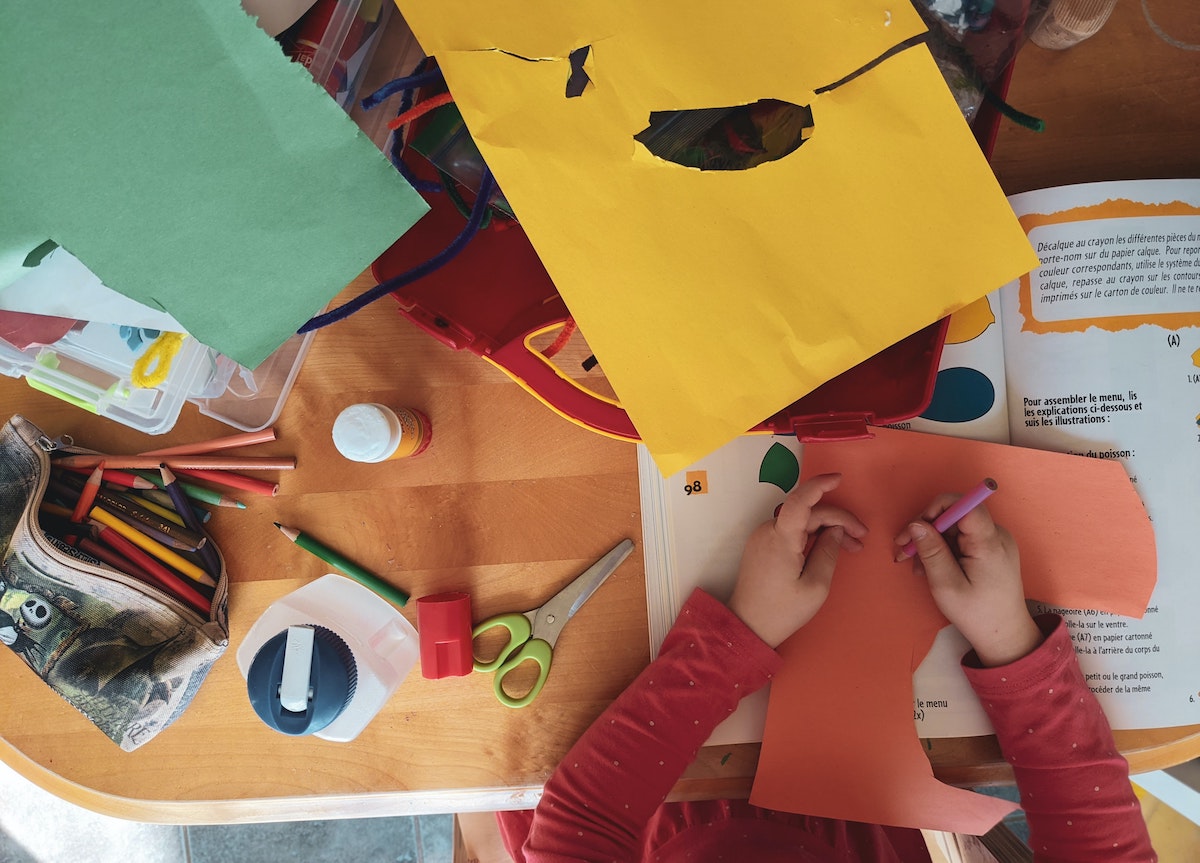Given that persistent behavior is closely related to later success in academic achievement and cognitive development, little is known about how to foster persistence in young children. To fill this gap in the literature, Leonard et al. (2021) investigated which parent practices causally influence children’s persistent behavior.
Building on a correlational study about the relationships between parenting practices and children’s trait persistence, Leonard et al. (2021) conducted two experiments to examine whether having an adult step in and solve hard puzzles causes children to persist less during a subsequent challenging task. In the first experiment, 96 children aged from 4 to 5 were randomly assigned to three conditions. The experimenter of the “Taking Over” condition took over difficult puzzles after letting the child try each one for 10 seconds. The experimenter of the “Teaching” condition helped the child with indirect, direct, and pedagogical instructions instead of taking over. Children in the control condition did not engage in the puzzle task. Children in all three conditions were given an unsolvable wooden box toy and were instructed to play with it and try to open it up. The experimenter also placed a water toy a little away from the child and measured the child’s persistence by the total time of trying to open the box. The results of nonparametric Wilcoxon rank-sum tests suggested that children in the “Taking Over” condition did not persist less than those in the “Teaching” condition and control condition, indicating that the action of taking over could impair children’s persistence on a subsequent difficult task.
The second experiment examined whether reframing taking over as turn-taking can reduce its negative effects on children’s persistence. The procedures were similar to those in the first experiment except for the experimenter’s instructions in the “Turns” condition. The experimenter introduced the “turn-taking” game, let the child try to complete the puzzle for 10 seconds, and took over while saying “now it’s my turn.” The results indicated an insignificant difference in children’s persistence between “Taking Over” and “Turns” conditions. In other words, reframing the action of taking over by words cannot reduce its demotivating effect on children.
Leonard et al.’s (2021) study has many important implications for educators and caregivers who aim to foster young children’s persistence. First, it is important to note that it may be easier for adults to demotivate children than to raise their motivation. When comparing the effect sizes of the experimental conditions to the control condition, the researchers found that taking over had a greater effect than positive behaviors such as supportive teaching on children’s effortful behavior. Moreover, taking over behavior can negatively influence children’s persistence even if the adult is a new acquaintance. Therefore, people who work with children should be cautious about their actions and their potential influences on children.
The study is also closely related to EPIC’s research because we are also interested in how social context influences people’s reactions toward failures and difficulties. Leonard et al. ‘s work points out that certain factors may have a larger influence on how people persist through challenges. In the case of young children, perhaps adults’ actions have greater influences on young children’s persistent behavior than words.
For more information about Leonard et al.’s (2021) study, check out the link below to retrieve the journal article:
https://srcd.onlinelibrary.wiley.com/doi/abs/10.1111/cdev.13492
Reference:
Leonard, J. A., Martinez, D. N., Dashineau, S. C., Park, A. T., & Mackey, A. P. (2021). Children persist less when adults take over. Child Development, 92(4), 1325-1336. https://doi.org/10.1111/cdev.13492

